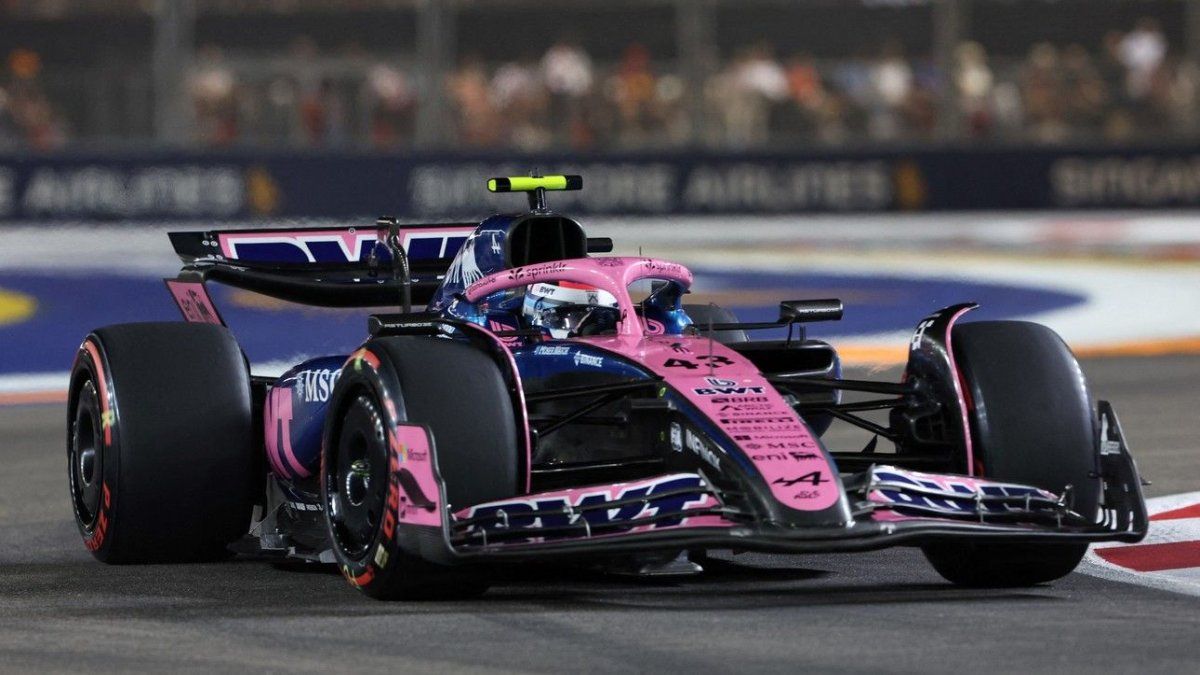Preliminary negotiations begin six months before the next world climate conference in Dubai. The main question is: will the exit from fossil fuels work with the United Arab Emirates?
Six months before the next world climate conference in Dubai, ten-day interim negotiations begin on Monday in Bonn.
“The fact that we can come to decisions at all at the world climate conference is only possible because over the course of the year we are doing the preparatory work here at this interim conference in Bonn,” said the head of international climate policy at the environmental organization Germanwatch, David Ryfisch, the German press agency in Bonn. The climate expert from Welthungerhilfe, Michael Kühn, explained: “Only what is formulated and prepared in Bonn can be adopted at the big conference in Dubai.”
“Turned the goat into a gardener”
Observers classify the negotiations as particularly difficult because the United Arab Emirates, as the host of the upcoming world climate conference, are not expected to take any steps to end energy production from oil and gas. An oil-exporting country hosting the climate conference is of course highly problematic, said Martin Kaiser, head of the environmental protection organization Greenpeace. “They turned the goat into a gardener.” Ryfisch demanded that Germany, on the other hand, should form a progressive alliance with other states in Bonn.
At the World Climate Conference (COP28) from November 30th to December 12th, the world community is to take stock of their previous climate protection efforts and measure them against the goals agreed at the 2015 Paris climate conference. “For many people around the world it is a matter of survival that we limit the warming of our planet to 1.5 degrees,” said UN climate chief Simon Stiell in Bonn. Taking stock in Dubai offers the opportunity to tackle the necessary changes with renewed vigor and a clear perspective.
Shaping climate protection in a socially responsible manner
A second major topic this year is the so-called adaptation targets. This means adaptation to climate change – in the Ahr Valley, for example, this could be the establishment of larger flood areas as a result of the catastrophic flood two years ago. “It’s something very local then,” Ryfisch said. “Now the discussion is: How can this be measured and presented on a global level?”
A new strand of negotiations also revolves around the question of how climate protection can be designed in a socially responsible manner. “Germany is experiencing this very strongly at the moment – let’s think of the costs associated with the introduction of the heat pump and the associated discussions. Now that the climate negotiations are more and more about the implementation of the climate goals, this is becoming topic more and more pressing.”
The goal of limiting global warming to 1.5 degrees compared to pre-industrial times is considered increasingly unrealistic in view of previous climate protection efforts. Greenhouse gases such as CO2 released when burning gas, oil and coal are the main cause of global warming and its fatal consequences such as droughts, heat waves, hurricanes, floods and rising sea levels.
Source: Stern
I have been working in the news industry for over 6 years, first as a reporter and now as an editor. I have covered politics extensively, and my work has appeared in major newspapers and online news outlets around the world. In addition to my writing, I also contribute regularly to 24 Hours World.




